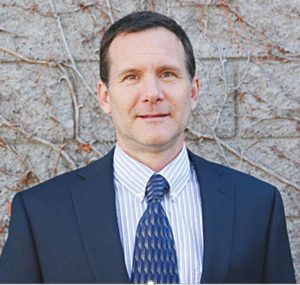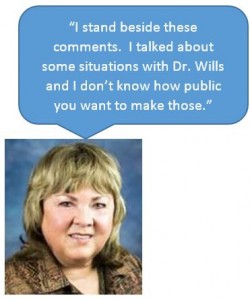College increasing minimum wage for all employees plus an anticipated lower head count apparently led to drastic cut of Verde Valley faculty
The Yavapai Community College Verde Valley Campus will suffer a major reduction in its teaching staff when the 2023-24 Community College budget is approved in May. According to data produced at the April 11 Governing Board meeting, it will lose at least ten faculty positions.
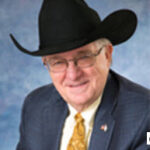
District One Representative Ray Sigafoos.
The information regarding the cuts came in the form of an explanation to District One Governing Board member Ray Sigafoos about a table presented during the meeting. The table purports to provide a visual representation of the changes in positions at Yavapai College by Division and Major Business Unit.
Although there are more positions budgeted for next year, to support the Strategic Plan, the Verde Valley is scheduled to be reduced by 10.6 positions.
Vice President of Finance and Administrative services Clint Ewell justified the large cut of Verde Valley faculty by saying that it was “because of the change in minimum wage” and also a “lower head count in the coming year.” (See two minute tape of the brief discussion by clicking here.) 
The only Governing Board member to query the chart and more clearly reveal the loss of faculty on the Verde Campus was First District Representative Ray Sigafoos. Neither of the Board members who represent Sedona and the Verde Valley commented or questioned the decision to cut ten faculty from the Campus.
You may view the brief two minute explanation of the faculty cuts given in response to Mr. Sigafoos’ query by clicking here.
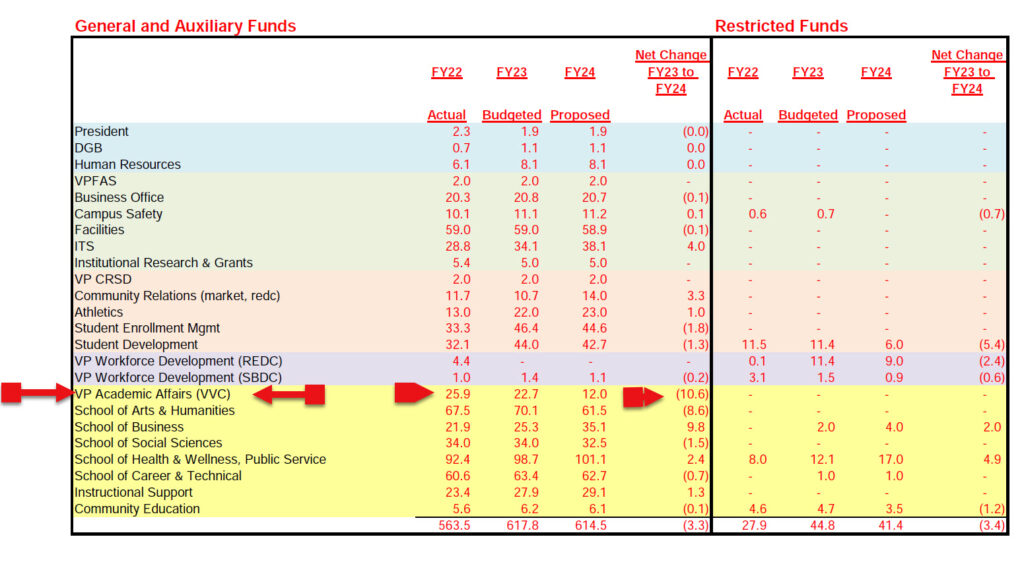
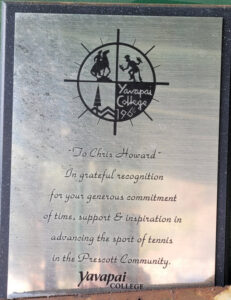
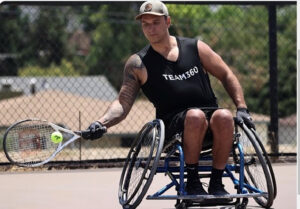
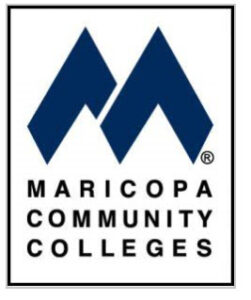 According to an article written by Rachel Leingang in the December 1, 2020 Arizona Republic, enrollment at the Maricopa Community Colleges dropped this fall by 14.5% when compared to last fall. The Maricopa Community Colleges have seen steadily declining enrollment since 2010.
According to an article written by Rachel Leingang in the December 1, 2020 Arizona Republic, enrollment at the Maricopa Community Colleges dropped this fall by 14.5% when compared to last fall. The Maricopa Community Colleges have seen steadily declining enrollment since 2010.
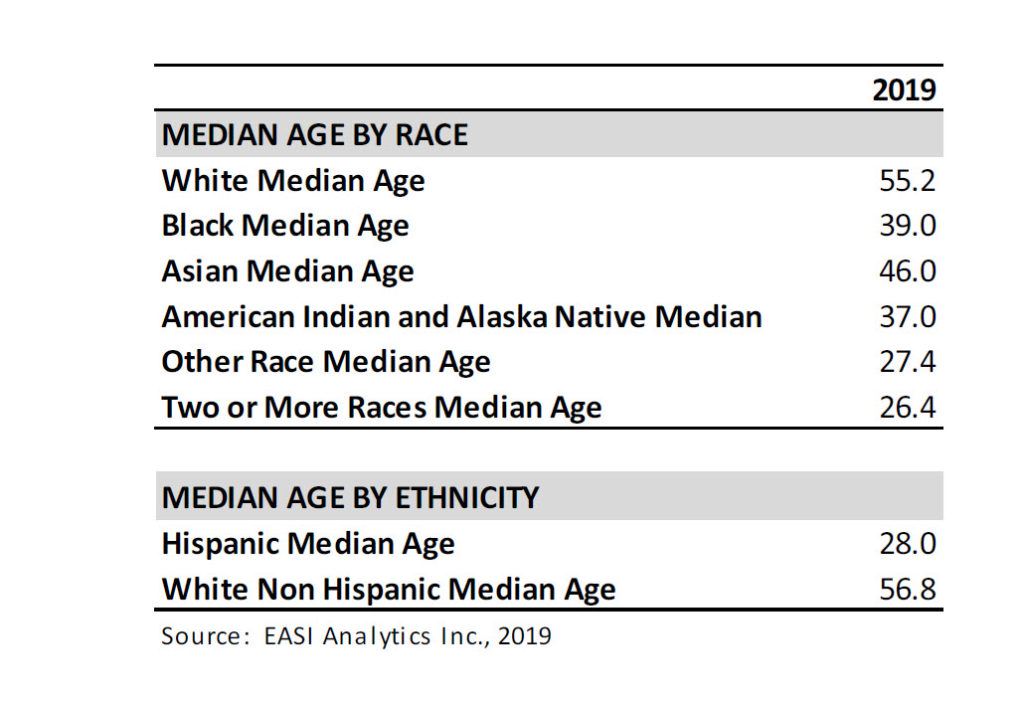
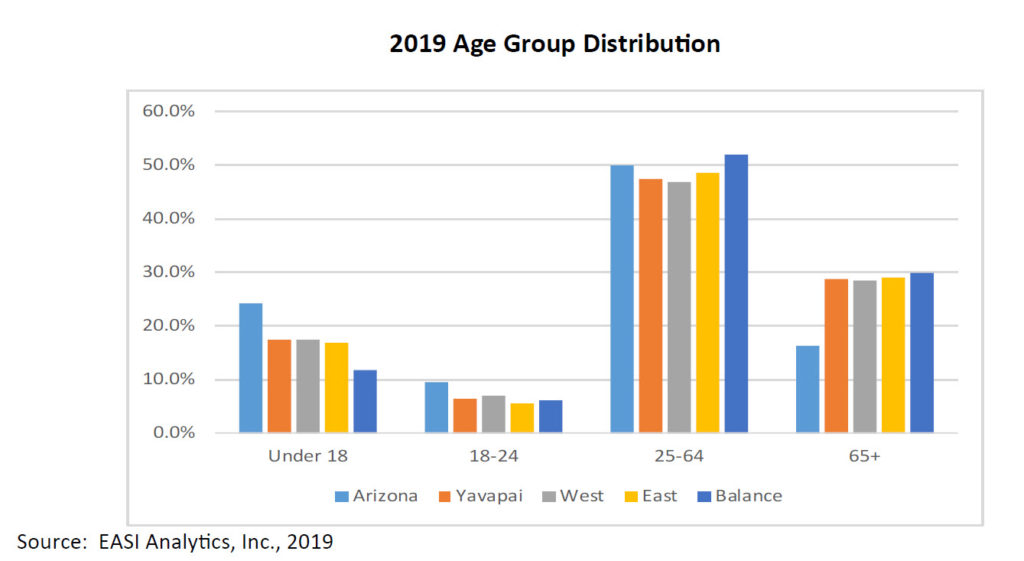
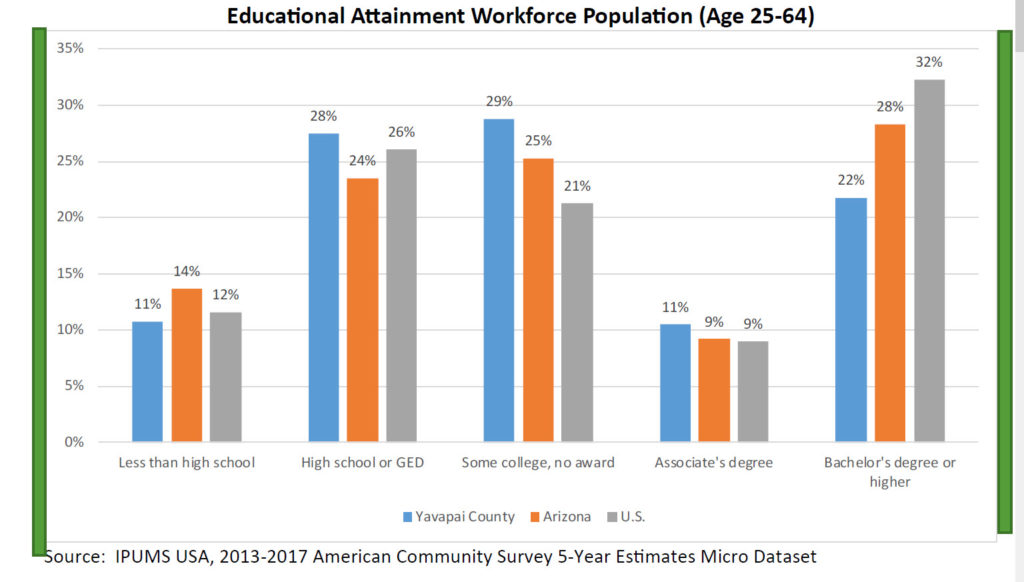
 Yavapai Community College has listed 32 job openings as of July 13, 2018.
Yavapai Community College has listed 32 job openings as of July 13, 2018. 